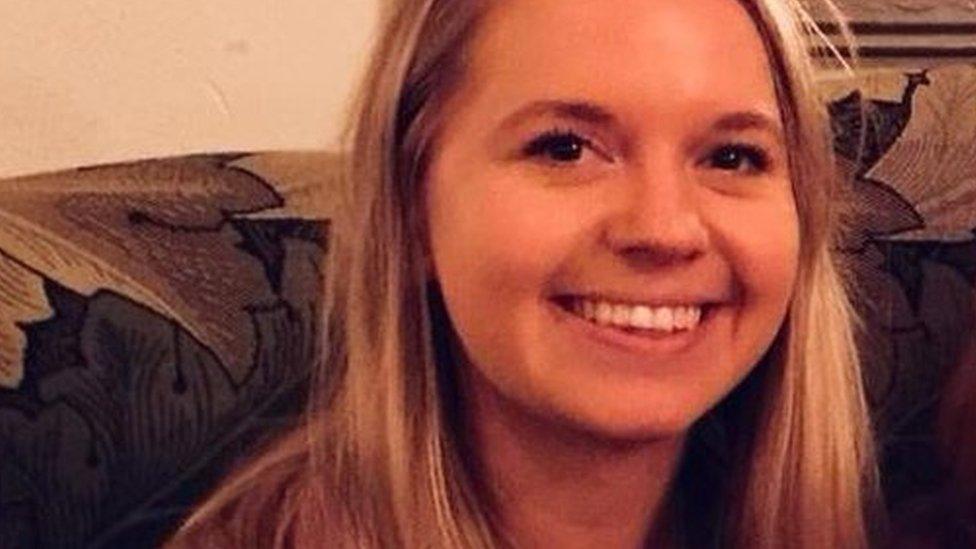'Women are dying while murder reviews plod along'

Julie Devey (right) said she had to be her daughter Poppy's "voice" in the review process
- Published
"There are women dying while these reviews are plodding along."
Poppy Devey Waterhouse was 24 years old when she was murdered by her ex-boyfriend Joe Atkinson.
She was described by her family as "a bright button" who loved to travel and who was excited about the next chapter of her life.
But instead, this was "cruelly and senselessly cut short", when Atkinson failed to come to terms with the end of their three-year relationship.
He repeatedly stabbed Poppy in a rage at their flat in Leeds in 2018 using a kitchen knife that left her with more than 100 injuries.
It has taken more than five years for a Domestic Homicide Review (DHR) to be completed to find out whether lessons could be learnt from Poppy's murder.
It has been a process which her mother, Julie Devey, from Frome in Somerset, describes as "excruciating".
"You have no idea it's going to be like that," she said.
"You get the review and you read it and as I turned the pages, I couldn't understand it, it wasn't Poppy's voice, it was his voice, it was all about him."
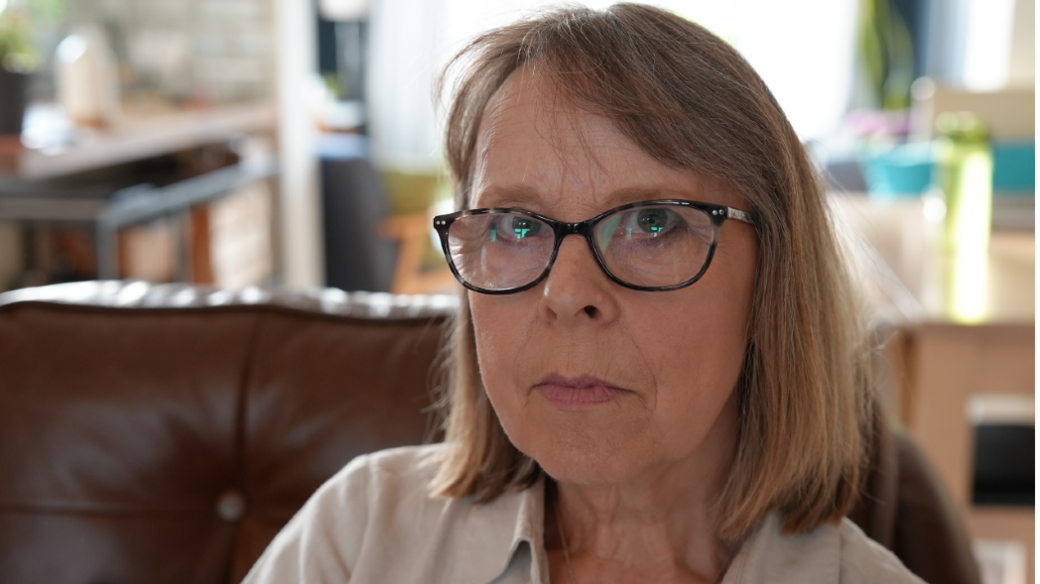
Julie Devey waited more than five years for a review into Poppy's death to be completed
The review into Poppy's death was published by the Home Office in May - more than five years and eight versions later.
Julie said that the final report was "vastly different" to how the first one was written.
"We are very happy with how its written [now]," she added.
"He [Atkinson] is represented in it, but it's not 'poor me, poor me'. There are a few recommendations, but they were small things."
Atkinson, 25, who admitted Poppy's murder, was jailed in 2019 for a minimum of 15 years and 310 days.
After Poppy's death, a DHR was commissioned by Safer Leeds, a safety partnership made up of local organisations including the council, police and health care providers.
It found Poppy’s death was neither predictable or preventable.
The review recommended raising awareness of domestic abuse and delivering a public or education focused campaign on the risks that might be present during the separation of a relationship. This would include recognising what could be considered obsessive, controlling and stalking behaviour.
If you are affected by any of the issues raised in this story, support and advice is available via BBC Action Line.
Every domestic killing or suicide involving people aged 16 and over in England and Wales is subject to a DHR, recently renamed as a domestic abuse-related death review (DARDR).
They examine the role of professionals who had contact with the victim or the perpetrator before an attack, but do not issue blame.
Home Office guidance states the reviews, which make recommendations to help prevent other people being killed by partners or family members, should be finished within six months.
However, BBC research has revealed just 1% of reviews into domestic abuse-related deaths in England and Wales are being completed in the recommended time, with most taking years.

Poppy's mum described her as "a bright button" adding that she really loved to travel
But for Julie, it was not only delays that made the review process difficult.
"There were endless examples of language used [in the report] that took away the responsibility from his decision making," she said.
"It was arduous, you'd send it back with recommended changes and then it would come back, and you'd have to do it all over again.
"Poppy needed to be the centre of this review - as her mum I had to represent her."
Despite this, Julie - who has also been campaigning for tougher sentences for those who commit domestic murders - believes DHRs are important as it has provided the family with a thorough picture of the last few months before Poppy died.
"But the length of time they are taking is excruciating," she added.
"The idea is to find out if the death was preventable or predictable, and to come up with recommendations to save other lives.
"There are women dying while these are plodding along."
A Leeds City Council spokesperson said Safer Leeds has been improving the review processes and expressed its "apologies for the delays in completing this review".
"Unfortunately, the process involved does not lend itself to completion within six months with reviews often having to be paused. There are a number of factors that can cause a delay to a report, including coronial or judicial processes and we recognise that this does add to a family's trauma," they said.
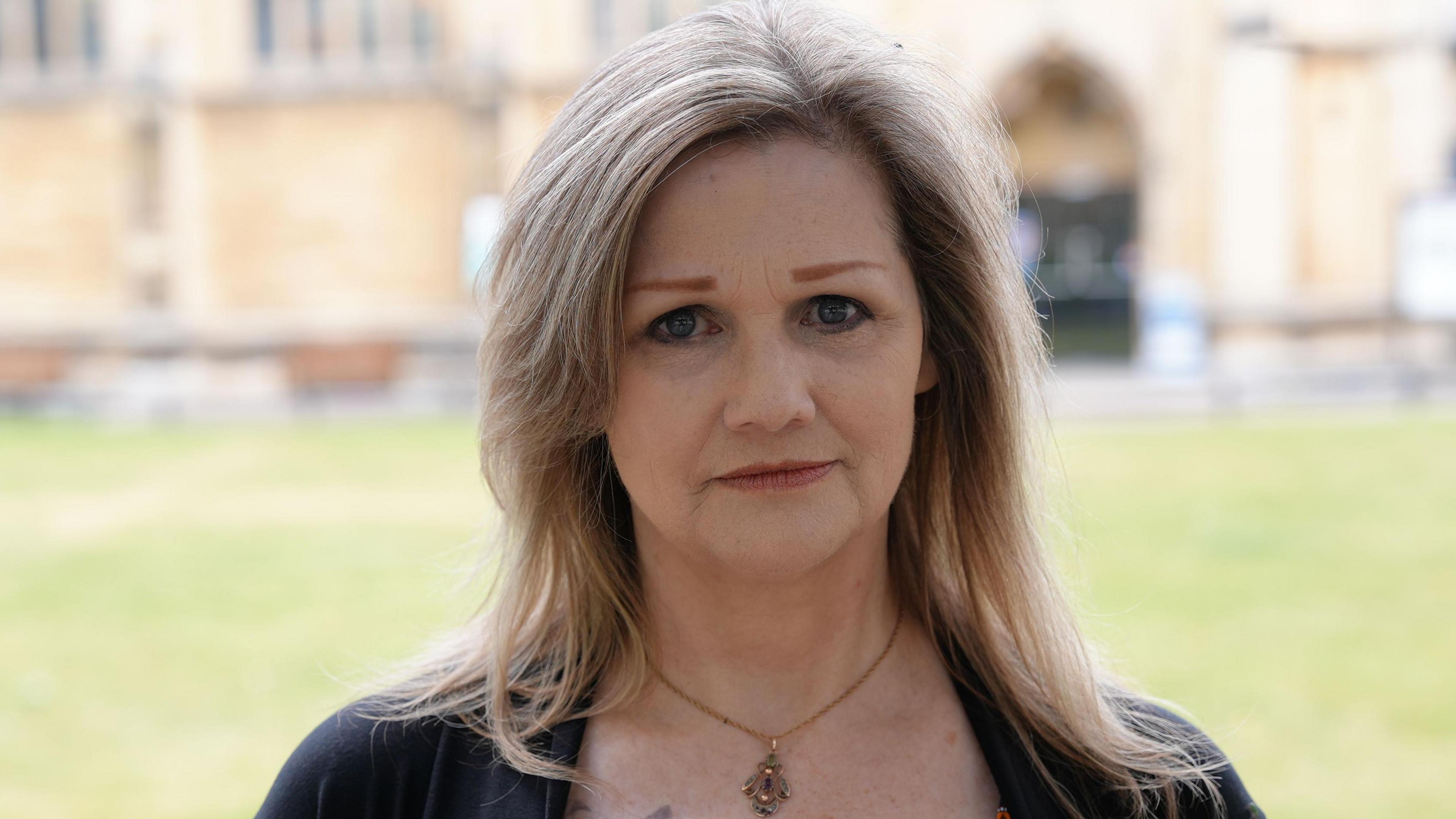
Prof Jane Monckton-Smith has chaired several reviews
Julie is one of a number of bereaved families that the BBC has spoken to who have criticised the length of time the reviews take.
Prof Jane Monckton-Smith, a criminologist specialising in domestic homicide at the University of Gloucestershire, said when done properly DHRs can bring about real change.
"I do think there are ways that we could make them more efficient and perhaps more effective," she said.
"I'm not sure we need a big panel of people sitting for multiple meetings for every review."
Prof Monckton-Smith, who has chaired several reviews, said six months - the recommended time for completion - is "too short" but four or five years is "far too long" for families to wait.

Poppy's parents said they were "so proud of the person that she had become"
Minister for safeguarding and violence against women and girls, Jess Phillips, said DHRs offer "a really important opportunity" for agencies to improve their safeguarding practices and ultimately prevent these deaths from happening.
"But we know that more needs to be done to ensure these reviews are effective and timely, which is why we are cracking on with action to improve the way they are undertaken," she said.
The government is now creating a new oversight board with publicly appointed members to make the process for reviewing reports faster, she added.

Julie has been campaigning for tougher sentencing for domestic murders
Julie said that during conversations with Safer Leeds it has "taken onboard several ideas that we thought would help other families and those writing it".
"One simple thing we asked for was that a photo of the victim is always present when the DHR is being completed, so it takes it away from being an administrative task and so the victim is the centre of all the conversations taking place," she said.
"We also thought there should always be a person on the panel who is from a women's organisation to ensure there is no victim blaming language."
Leeds City Council added that every review is now reviewed at draft stage by a senior manager specifically to ensure that it "focuses on the voice and life of the victim and not the perpetrator".
"Safer Leeds will continue to work to improve the timeliness of reports, putting bereaved families at the forefront of the review," it added.
Related topics
- Published26 March
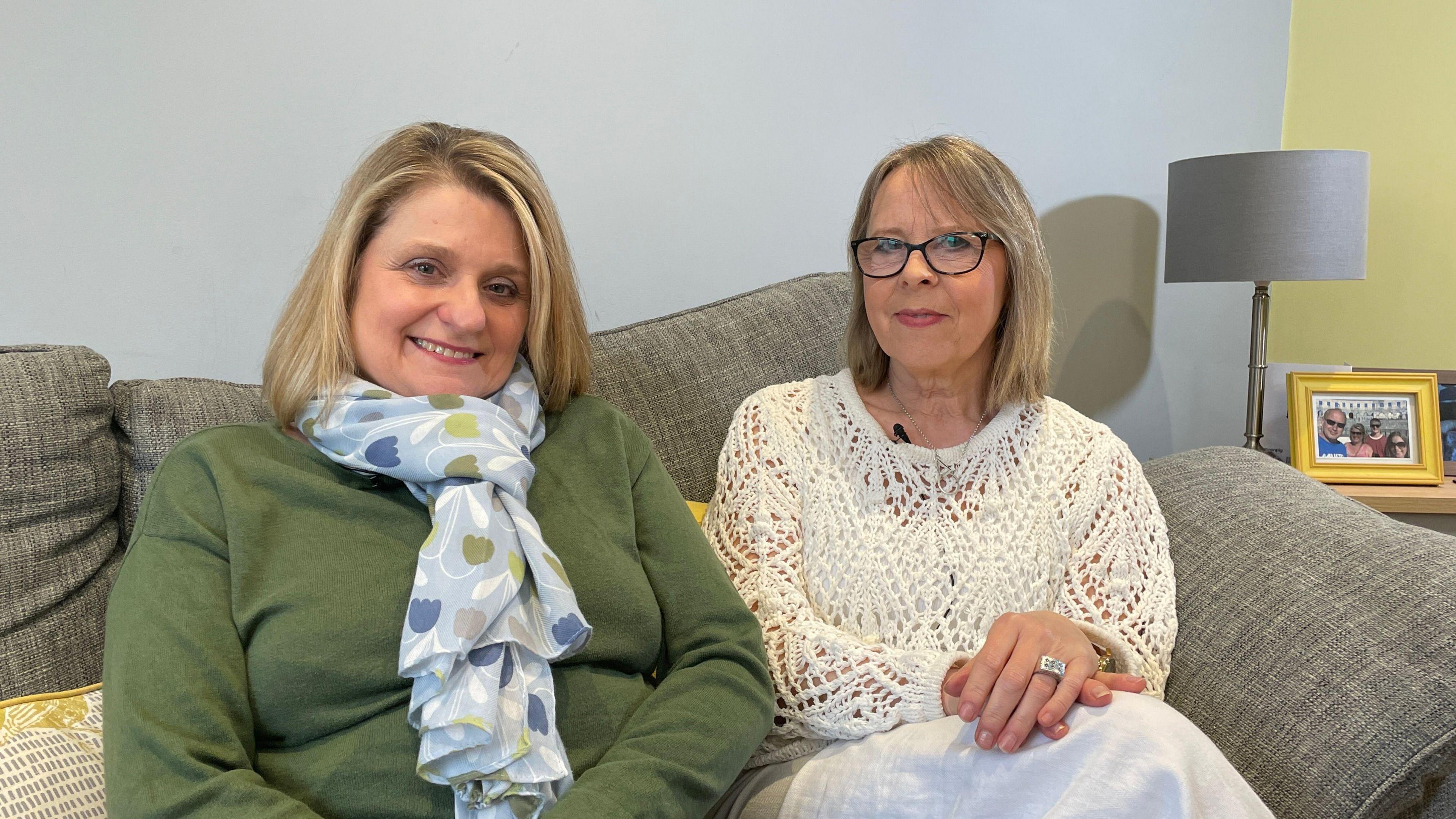
- Published26 August 2022
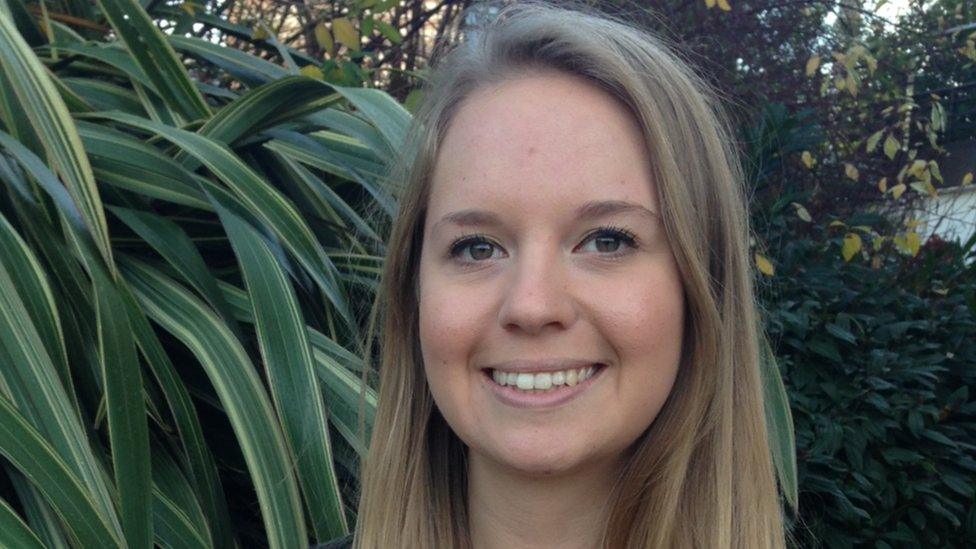
- Published12 April 2019
